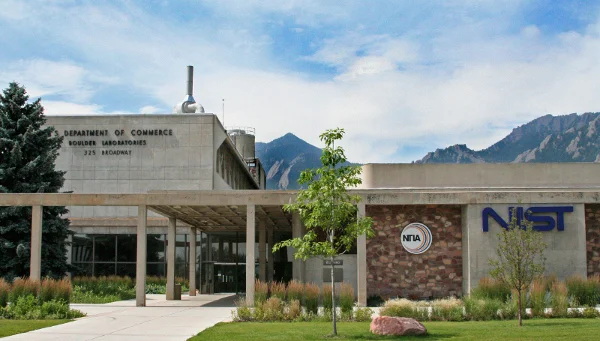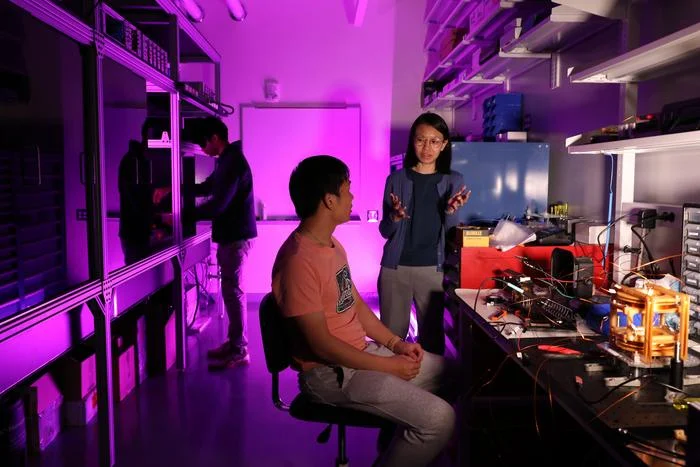Quantum computing and post-quantum cryptography concerns are moving more into the mainstream of cryptographic discussions, particularly in areas concerned with national defense. The National Security Agency (NSA) released a frequently asked questions document on Quantum Computing and Post-Quantum Cryptography.
The 8-page document offers an overview of quantum computing, its relationship to cryptography, the Commercial National Security Algorithm Suite, Commercial Solutions for Classified (CSfC) and National Information Assurance Partnership (NIAP) and future algorithms and cryptography. The document answers several questions such as:
- What is a quantum computer?
- What makes one cryptographically relevant?
- Can I mitigate the quantum threat by using a pre-shared key?
- What is “quantum-resistant” or “post-quantum” cryptography?
More details regarding NSA’s Post-Quantum Cybersecurity Resources and NSA’s perspective on quantum key distribution and quantum cryptography can be found here.
According to the NSA, quantum key distribution uses the unique properties of quantum mechanical systems to generate and distribute cryptographic keying material using special purpose technology. Quantum cryptography uses the same physics principles and similar technology to communicate over a dedicated communications link.

National Security Systems (NSS) partners asked NSA Cybersecurity to share its view on the remaining algorithms in the NIST post-quantum standardization effort. The NSA added it is making efforts to be more transparent in securing NSS.
For more market insights, check out our latest quantum computing news here.















